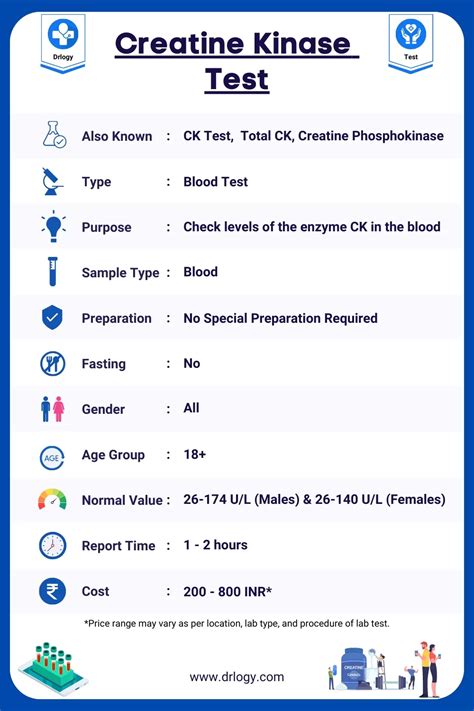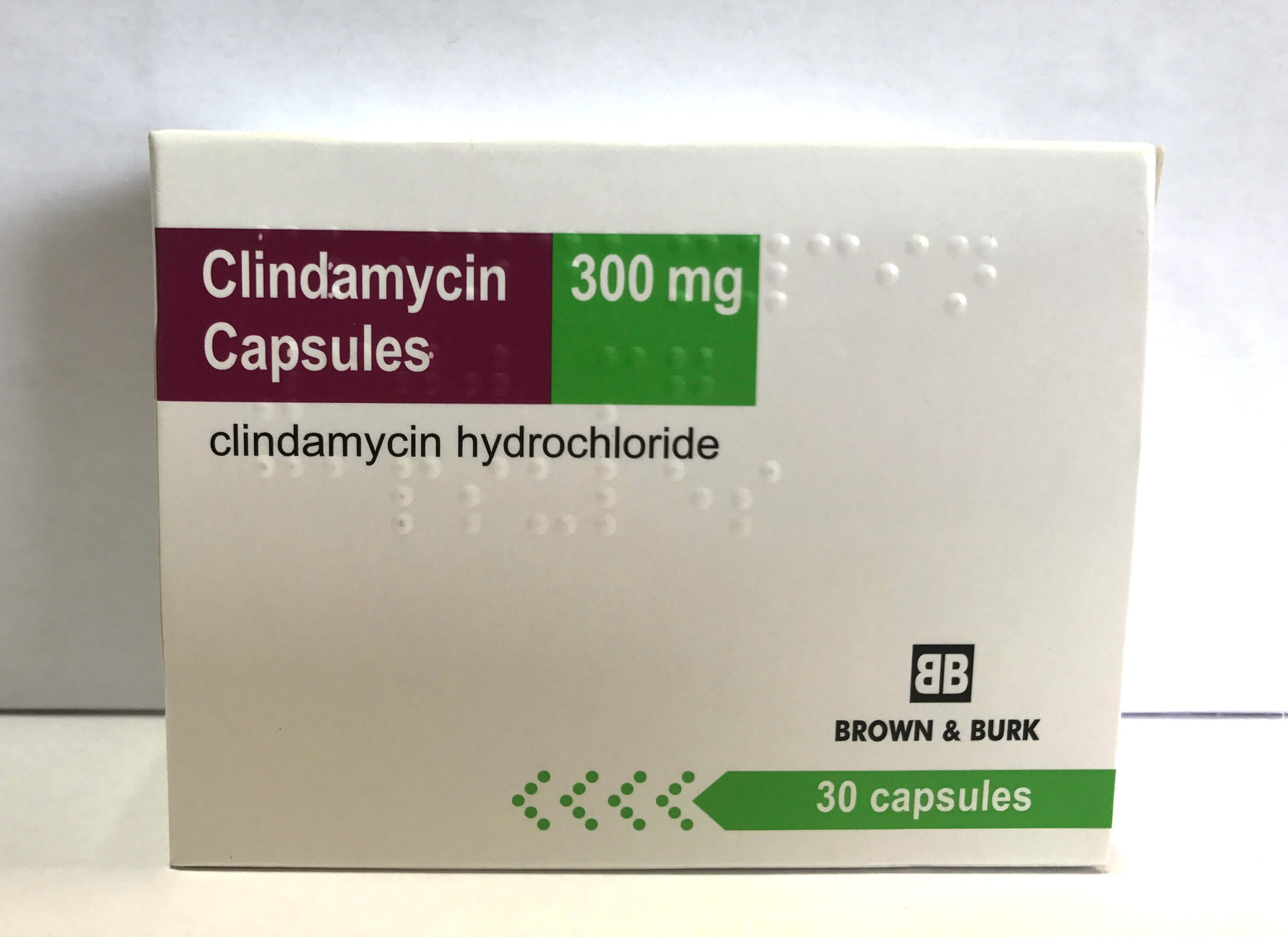How To Check Creatine Kinase Levels? Easy Guide

Elevated creatine kinase (CK) levels can indicate muscle damage or disease, making it essential to monitor these levels, especially for individuals engaged in strenuous physical activities or those with a history of muscle-related disorders. Creatine kinase is an enzyme found in the heart, brain, and skeletal muscle. When muscle is damaged, CK is released into the bloodstream, leading to elevated levels. Here’s a comprehensive guide on how to check creatine kinase levels and understand the implications of the results.
Understanding Creatine Kinase
Before diving into the process of checking CK levels, it’s crucial to understand the enzyme’s role and significance. Creatine kinase plays a pivotal role in energy production and storage in muscles. It catalyzes the conversion of creatine and ATP (adenosine triphosphate) into phosphocreatine and ADP (adenosine diphosphate), facilitating rapid energy replenishment during muscle contractions. Elevated CK levels can signal various conditions, including muscle injury, muscular dystrophy, or myocardial infarction.
Why Check Creatine Kinase Levels?
Checking CK levels is vital for several reasons: - Diagnosing Muscle Damage: High CK levels can confirm muscle injury, helping in the diagnosis of conditions like rhabdomyolysis, a serious syndrome due to direct or indirect muscle injury. - Monitoring Disease Progression: For patients with muscular dystrophy or other muscle diseases, regular CK level checks can help monitor the progression of the disease and the effectiveness of treatments. - Assessing Cardiac Health: While troponin levels are more specific for heart damage, significantly elevated CK levels, especially the CK-MB isoform, can indicate myocardial infarction.
How to Check Creatine Kinase Levels
The process of checking CK levels involves a simple blood test. Here’s what you need to know:
Preparation: Typically, no special preparation is required. However, your doctor might advise you to avoid strenuous exercise for a day or two before the test, as this can temporarily elevate CK levels.
Blood Sample Collection: A healthcare professional will collect a blood sample from a vein in your arm using a needle and syringe. The procedure is quick and relatively painless, though you might feel a slight pinch when the needle is inserted.
Laboratory Analysis: The collected blood sample is sent to a laboratory for analysis. The test measures the level of creatine kinase in the blood.
Interpreting Results: Normal CK levels typically range from 24 to 195 U/L (units per liter) for males and 24 to 170 U/L for females, though reference ranges can vary slightly between different laboratories. Elevated levels may indicate muscle damage or disease.
Factors Influencing Creatine Kinase Levels
Several factors can influence CK levels, including: - Physical Activity: Strenuous exercise can cause temporary elevations in CK levels due to muscle stress. - Muscle Mass: Individuals with more muscle mass may have higher baseline CK levels. - Age and Sex: CK levels can vary by age and sex, with men generally having higher levels than women. - Certain Medications: Some medications, such as statins, can affect CK levels.
What to Do with Elevated Creatine Kinase Levels
If your CK levels are elevated, your doctor may recommend further tests to determine the cause. This could include additional blood tests, imaging studies like MRI or CT scans, or even a muscle biopsy in some cases. Treatment depends on the underlying cause but may involve rest, physical therapy, medications to reduce muscle pain and inflammation, or other interventions tailored to the specific condition.
Conclusion
Checking creatine kinase levels is a straightforward process that provides valuable insights into muscle health. Understanding what influences CK levels and how to interpret test results is crucial for both healthcare professionals and individuals concerned about their muscle health. By combining this knowledge with a comprehensive approach to health monitoring, individuals can better manage their well-being and address potential issues before they become serious.
What are normal creatine kinase levels in the blood?
+Normal creatine kinase levels typically range from 24 to 195 U/L for males and 24 to 170 U/L for females, though these ranges can vary slightly between different laboratories.
What causes elevated creatine kinase levels?
+Elevated CK levels can be caused by muscle damage, heart attack, strenuous exercise, certain medications, or Muscle diseases like muscular dystrophy.
How often should creatine kinase levels be checked?
+The frequency of checking CK levels depends on the individual’s health status and medical history. For those with muscle diseases or a history of heart conditions, regular monitoring as advised by a healthcare provider is recommended.


